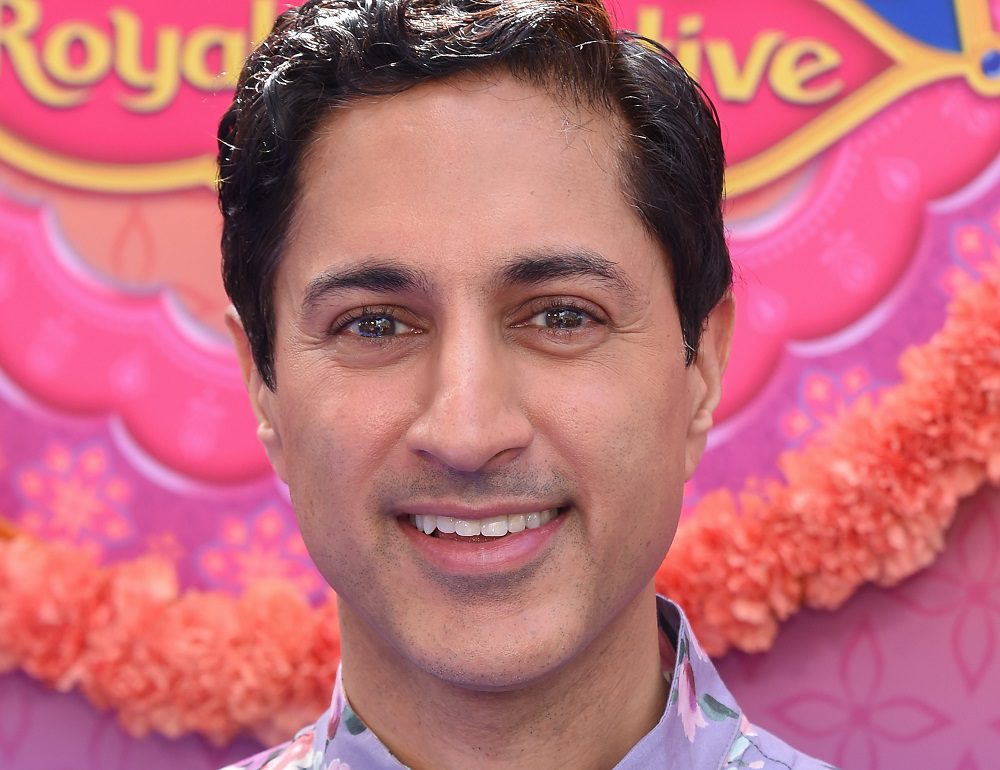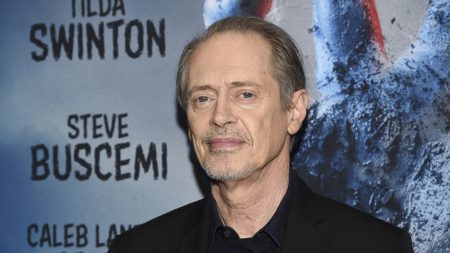Upon receiving widespread disapproval, a Pennsylvania school board has reversed its decision to cancel a presentation on anti-bullying by gay actor Maulik Pancholy at a middle school. Initially, board members canceled the speech due to concerns that he might push his activism and lifestyle onto students, but it's not clear if Pancholy will agree to speak at the school again.
During a meeting on Wednesday night, community members filled a high school auditorium and criticized the board for several hours regarding its decision to cancel the speech on April 15. Eventually, the board voted 5-to-4 to reinstate the invitation. The New York Times reported.
At the meeting on Wednesday night, board member Bud Shaffner apologized for his initial remarks about Pancholy’s “lifestyle.” Shaffner, who voted in favor of reinstating the speech, had initially stated, “He labels himself as an activist, he is proud of his lifestyle and I don’t think that should be imposed upon our students at any age.”
Maulik Pancholy, an Indian-American actor who appeared in the comedy TV series 30 Rock and the children’s cartoon series Phineas and Ferb, has written children’s books featuring gay characters and allies who stand up to bullying and discrimination. He was scheduled to speak at Mountain View Middle School in Mechanicsburg.
At the start of the Wednesday’s meeting, Shaffner stated, “I will take the blame because of the insensitive word I used on April 15. I fully understand the interpretation of my poor word choice.”
Shaffner's concerns about Pancholy’s lifestyle were also expressed at the time by fellow board member Kelly Potteiger, a member of the local chapter of the right-wing activist group Moms for Liberty. The national organization has been labeled as an anti-LGBTQ+ hate group by the Southern Poverty Law Center.
Potteiger voted against reinstating the invitation and reiterated her claim that Pancholy is an “activist.” She pointed to an anti-racism protesting “tool kit” on the website of the anti-bullying organization that Pancholy established as evidence.
Following the 8-to-0 vote on April 15 to cancel the speech, the Cumberland Valley School District’s Administrative Offices sent a lettr to faculty, staff, and administration criticizing the decision, particularly since it wasn’t on the board’s publicly posted meeting agenda.
“Without a real opportunity for administration to answer questions and/or provide guidance, the Board made a decision that has had significant ramifications for our school community, especially for our students and staff who are members of the LGBTQ community,” the letter said.
“While the issue of ‘political activism’ was cited, statements made publicly by individual board members identified Mr. Pancholy’s sexual identity as a factor, an identity shared by many members of our school community,” the letter continued. “In doing so, Mr. Pancholy’s personhood was reduced to a single aspect, and his ability to communicate a message of anti-bullying and hate was discredited.”
Parents at Wednesday night’s meeting criticized the board. One person said, “To claim that Maulik Pancholy is a political activist and use that as a justification to cancel his event is an excuse that the public sees through.” Others reportedly compared the school board to other boards nationwide that have tried to implement anti-LGBTQ+ policies under the banner of “parents’ rights.”
Last week, Sen. John Fetterman (D-PA) also criticized the board. “This decision is deeply wrong and confirms exactly why it’s so important to have a discussion about bullying,” Fetterman wrote on Threads, a Meta social media platform. “This is a learning experience for the children’s education & perspective, and I’m calling on the Cumberland Valley School District Board to reverse their vote and let @maulikpancholy speak.”
Pancholy initially responded to the cancellation in an Instagram post, saying, “My heart goes out to the entire Mountain View Middle School community, and particularly to the students…. When I visit schools, my ‘activism’ is to let all young people know that they’re seen. To let them know that they matter.”
“When I talk about the characters in my books feeling ‘different,’ I’m always surprised by how many young people raise their hands — regardless of their identities and backgrounds — wanting to share about the ways in which they, too, feel different,” Pancholy added. “That’s the power of books. They build empathy. I wonder why a school board is so afraid of that?”









